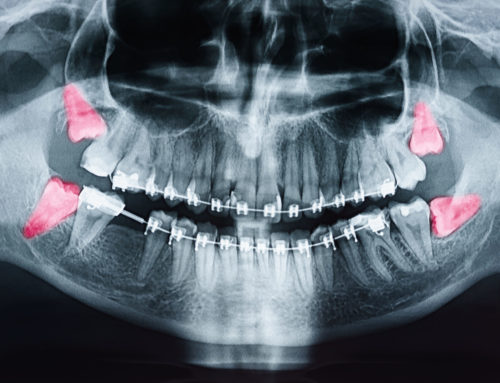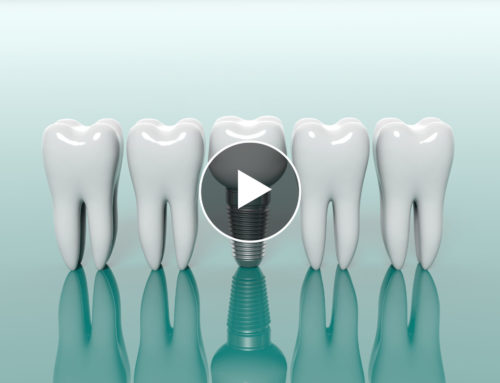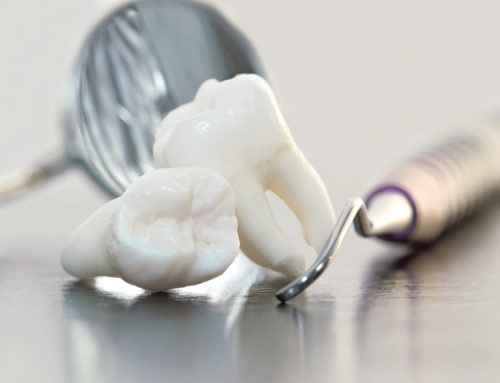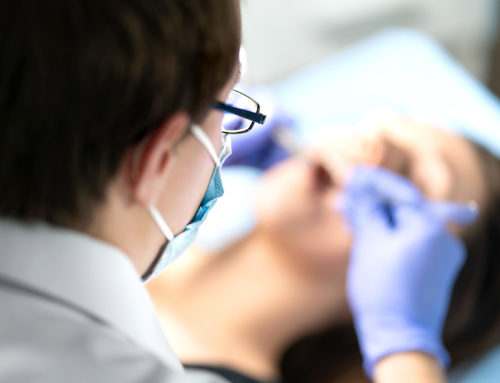Cancer is a frightening word. The fearful part is that anyone, of any age, can be struck down with cancer at any point in life. Oral cancer is one type of cancer that sneaks up on victims. This type of cancer run the gamut, from the lips, tongue, mouth, throat and salivary glands. The lymph system can be affected. Being a part of the immune system and included with the tongue and tonsil tissue, it must be addressed quickly as possible. An oral surgeon Houston offers can be the assistance you need.
There is a long list of symptoms you should not ignore:
- Sores on the mouth or around the lips.
- Persistent mouth pain.
- A lump in the mouth or cheek.
- Sore throat or the feeling something is stuck in the throat.
- A white or red spot on the gums, lining of the mouth or tongue.
- Any difficulty speaking, moving the jaw, chewing or swallowing.
- Swelling in the mouth, dentures no longer fit.
- Jaw pain or constant pain in the mouth.
- A lump in the neck.
- Unusual bad breath.
- Unintentional weight loss.
It is possible these symptoms can be connected to other illnesses also. If you have any of these symptoms for longer than a week, you should seek assistance from your health care professional.
Although everyone is susceptible to cancer, some of us are more at risk. Men are more likely than women to have mouth and throat cancer, especially those over the age of 55. Cancer may be more common in men due to tobacco use, alcohol or even being outdoors more frequently. There is also the belief that poor nutrition plays a role in increasing the risk of cancer. The average age of diagnosis with mouth or throat cancer is 62.
Genetics can also play a role in oral cancers. Fanconi anemia, is an inherited blood disease that leads to aplastic anemia or leukemia. This type of blood disorder causes the victim to be 500 times more likely to have a type of oral cancer than the general population.
Another inherited anemia, Dyskeratosis congenita, can cause aplastic anemia and an unusually high risk of throat or mouth cancer at a young age.
Tobacco use has long been known to cause cancer. Alcohol drinkers are also more inclined to mouth cancers. Using both alcohol and smoking causes oral cancer to almost all, depending on duration and amount of consumption, of these individuals.
Other conditions that make one receptive to oral cancer:
- HPV–Human Papillomavirus infection include as many as 100 viruses. People diagnosed with oral cancer who also had HPV and cervical cancer have usually had a good chance of survival.
- Using drugs that suppress the immune system, such as those to prevent rejection of a transplant or to treat immune diseases may have a part in oral cancers.
- Lichen planus usually affects middle–aged persons. If this rash becomes severe, causing sores or white spots in the mouth, they are prone to oral cancer.
- Stem cell transplants, GVHD, increases the possibility of oral cancer within 2 years of the bone marrow treatment.
As part of you taking care of your health, see your physician and dentist regularly. Due to the many symptoms and other possible scenarios of oral cancer, visit Oral and Maxillofacial Surgeons today if your doctor has noticed any abnormalities or signs of oral cancer.






